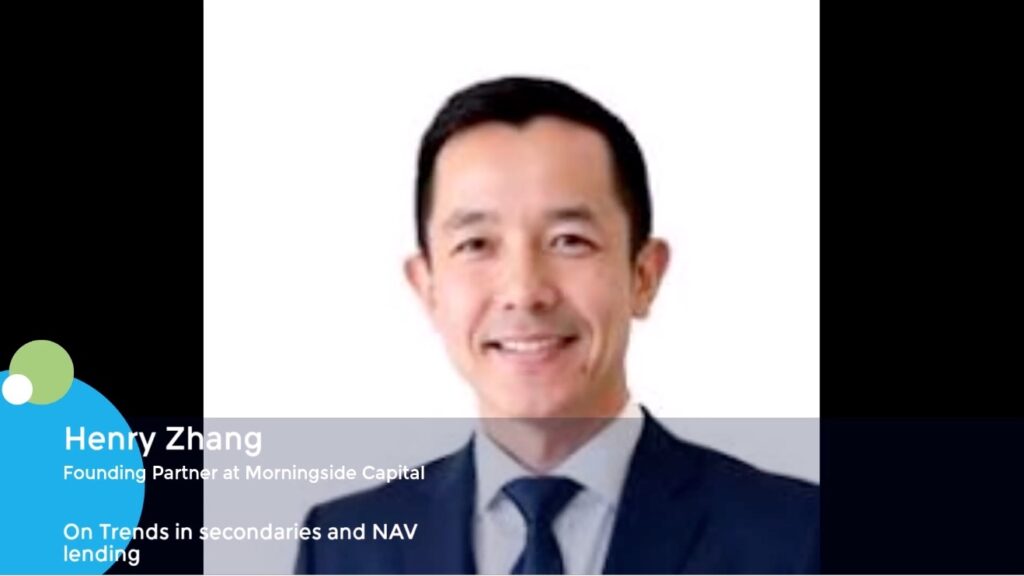Deal focus: Japan’s Unison Capital nets 7.9x return on restaurant sale to Skylark
- Scaling regional chain to budding national brand attracted large industry buyer
- Efficiency, ambition were priorities for underinvested, low-margin business
- Customer loyalty, comfort-food status minimised impact of COVID-19 lockdowns
When the time came to sell Japanese noodle restaurant chain Sukesan, Unison Capital made a list of more than 50 potential buyers, including non-restaurant players. No financial advisor was engaged; instead, Unison independently approached corporates one by one.
Tokyo-listed restauranteur Skylark Holdings came out on top, agreeing to buy 100% of Sukesan for JPY 24bn (USD 160m). This provided a 7.9x return for Unison, which acquired about 85% of the business from Fukuoka Capital Partners (FCP), the PE arm of Fukuoka Bank, in 2018 for an undisclosed sum. FCP is also exiting its approximately 15% stake in the latest deal.
Most essentially, the outcome was achieved by taking a limited, regional chain in a remote area – Fukuoka prefecture is poorly touristed in Japan’s deep south – and reinventing it as a promising nationwide contender.
That meant channelling JPY 500m of the business’ economics into a factory modernisation, a store expansion, and a diversification of the supply chain outside of the Fukuoka region – all of which attracted industry talent.
During due diligence, Unison evaluated a company with 39 locations and an organisational chart on a single piece of paper. Since then, staff at Sukesan headquarters has grown from eight to around 150, while the store footprint now spans 72 locations across the broader Kyushu and Kansai areas.
More than 10 additional store openings have been contracted but are yet to formally launch as of the Skylark sale. This includes a beachhead in the Kanto region, which contains Tokyo.
“Putting in a larger amount of capital to renovate the factory and stores not only gave us an engine to scale up but also had a PR effect of creating interest among professionals at other Japanese restaurant companies, who later wished to work at Sukesan,” said Sungu Lee, an associate at Unison.
“We didn’t expect to put in that much capital, but we thought having strong infrastructure was the key to success for Sukesan. We were proud to say we got to HACCP [food storage and handling] compliance, which was actually a point that was highly valued by buyers.”
Lessons learned
Sukesan was established in 1976 and sold to FCP following the death of its founder in the early 2010s. The business proved stable in the ensuing period thanks to a loyal regional customer base, but it failed to scale appreciably.
Importantly, FCP had appointed a CEO with a background in banking, not restaurants. During this period, the lean management function was unable to respond to challenges around labour shortages and was generally underinvested.
Scale and operational flexibility are important in such a low-margin segment, however. There are overheads around dining room rents and a significant number of employees to cover with revenue streams hinged on a ubiquitous discount product; a typical noodle bowl sells for about JPY 800.
Much of Unison’s core value-added work, therefore, revolved around installing leadership with restaurant and multi-store experience, eking out efficiencies in ground-level operations, and leveraging the strength of the brand to expand the number of stores.
There were also many lessons from Unison’s investment in Akindo Sushiro, a sushi chain that generated the private equity firm a 10x return when it was sold to Permira at a valuation of about USD 1bn in 2012. Part of the leadership buildout at Sukesan involved bringing over former Sushiro president and CEO Kenichi Toyosaki as an independent director.
“Sushiro and Sukesan have a lot in common. Not only do they both have strong local customer bases, but both have the strategy to focus on expanding stores located at the roadside, where you can’t just walk in. You need a car, and they’re not in the middle of the city. So, you have to know how to expand that,” Lee said, adding that Sushiro eventually set up locations in central urban areas.
“The employees at Sukesan were uncomfortable expanding outside of the Kyushu area until Toyosaki-san came in and told the story of Sushiro. When he explained that they should be more aggressive in store openings, that was an important moment of change.”
Sukesan introduced a new business management model that focused on unifying operational gaps between stores, improving productivity, and controlling unit price per customer and cost ratio in a rising minimum wage environment. There were also tech upgrades such as order tablets and self-checkout registers, but one of the more consequential improvements was decidedly low-tech.
Unison engaged a services provider to manually observe and notate video footage of Sukesan kitchens, aiming to implement micro-efficiencies wherever possible. If a kitchenhand took more than 10 steps to perform any given task in filling an order, the workflow would be rearranged.
Pandemic playbook
COVID was the crucial test. Unison switched to a defensive posture, shelving plans to expand into Taiwan and conserving as much cash as possible. Sukesan was in the red for no more than four months and no stores were shuttered as a result of underperformance, according to Lee.
There were some attempts at digitalisation, but the benefit was minor. Rather, COVID resilience was attributed to the soul-food indispensability of udon noodles in Japan. By contrast, Unison’s investment in Dinamix – a Japanese gastropub operator reliant on crowded rooms and alcohol consumption – struggled.
“It’s practically an essential. It’s the stuff people eat at the restaurant, drive-through, or pick-up and take home. It’s a staple. These kinds of daily-use restaurants came back much quicker than other formats. Honestly, alcohol consumption still hasn’t come back to pre-COVID levels,” said T.J. Kono, a partner at Unison.
“Every company that survived, whatever sector they’re in, they came out of it being leaner, better operators because you have no choice. You have to run super efficiently when the business is really low and the cash you’re losing is hard to win back.”
More than two-thirds of the new locations opened during Unison’s holding period came post-pandemic, resulting in staff more than doubling. Sales more than doubled to JPY 12.4bn for the year ended in August 2023.
For Unison, the experience has reinforced confidence in consumer staples as well as the upside of the food and beverage sector when it is approached at the midcap level.
“You’re not going to double the footprint with a national chain, and the delta you make in a pre-existing store will not be significant,” Kono said. “The operators in that space already operate so well, you need something really out of the box to improve it. For these mid-sized players, there’s room for growth, just because you’re starting smaller.”











